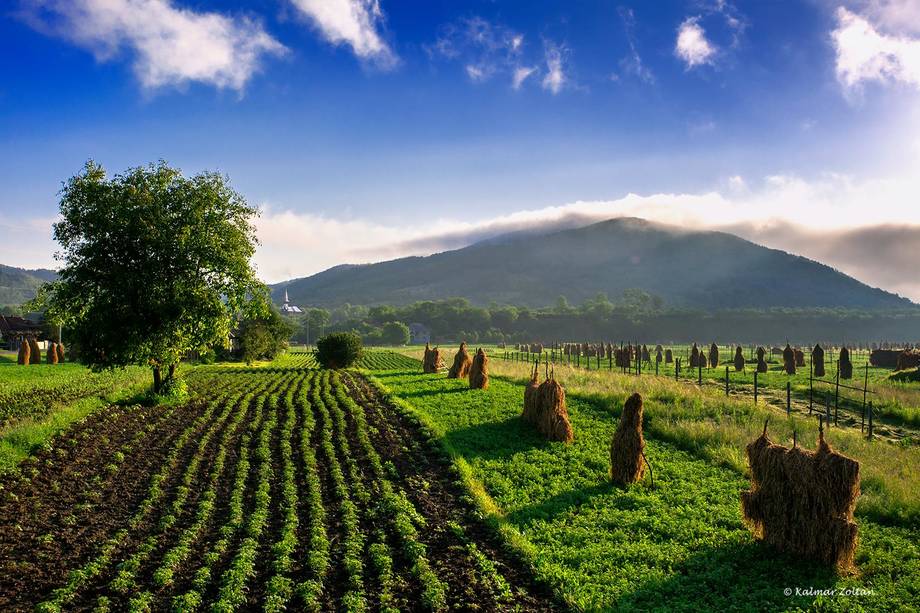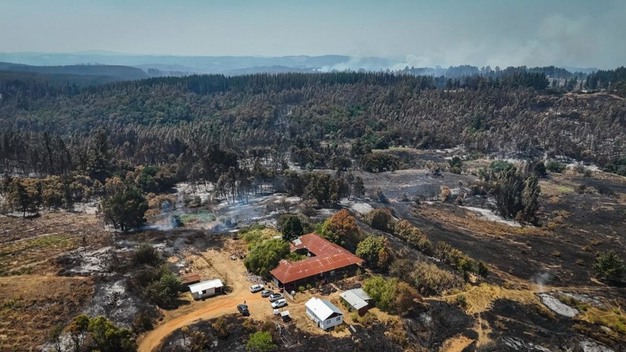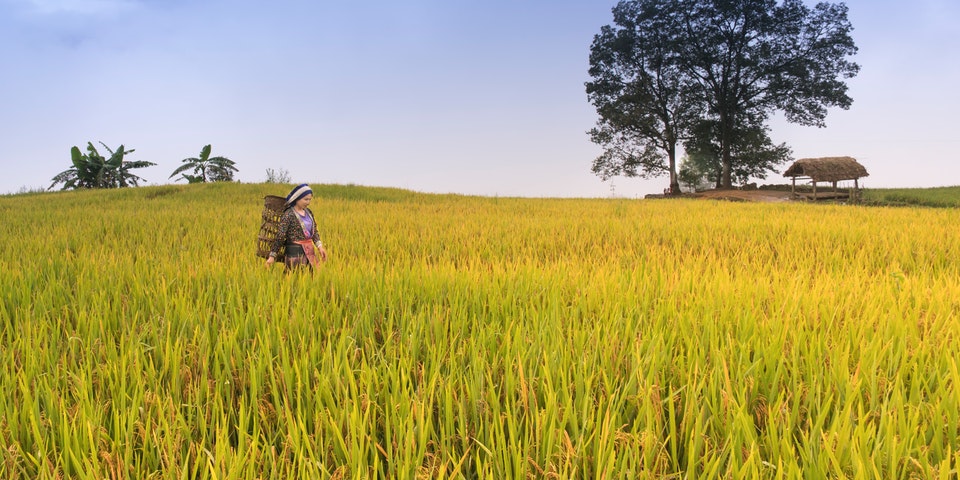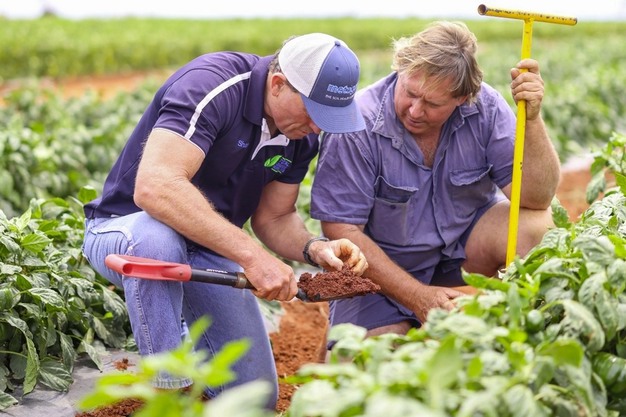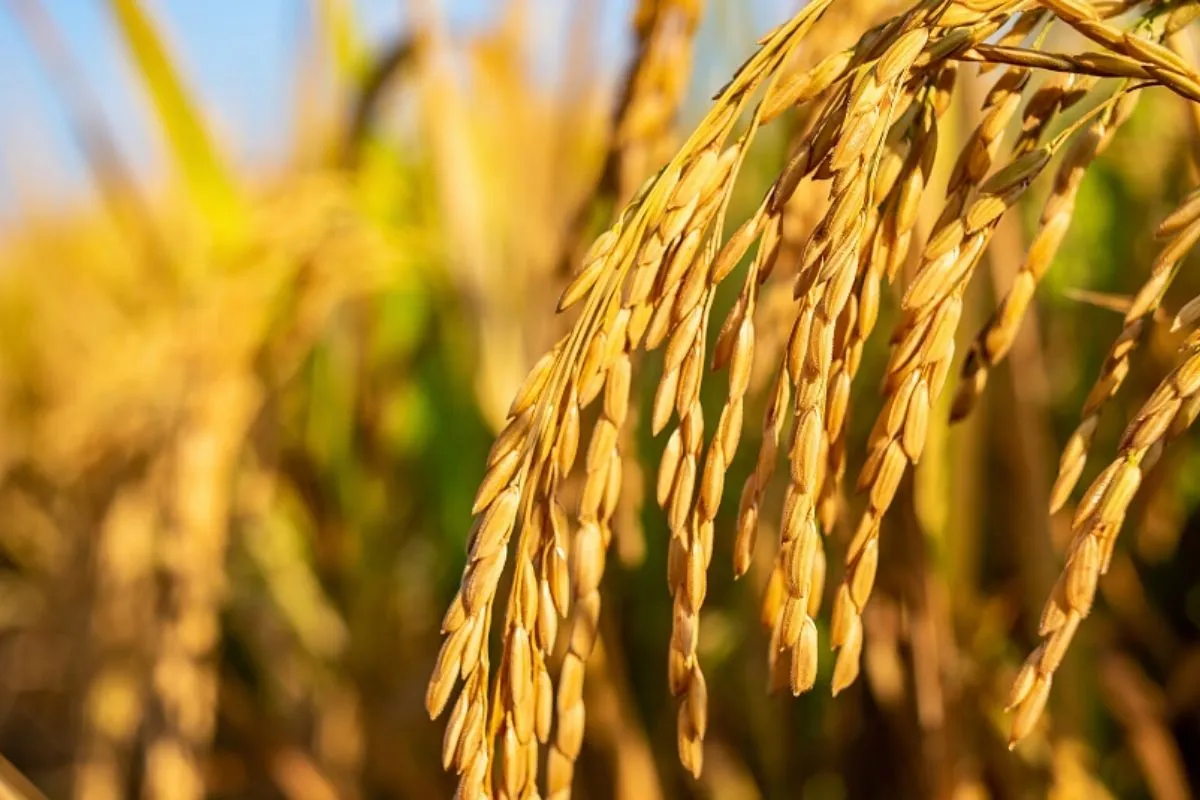The consequences of the weather anomalies in January for the Central Asian onion market are not limited to the loss of last year’s crop stocks, the subsequent sharp rise in prices, and a series of bans on onion exports from almost all countries of the region. The effect of abnormally cold weather on the harvest of early winter onions was expected.
According to onion producers and industry experts, the abnormally low temperatures in January 2023 also affected the ripening of a new crop of early winter onions. Despite the significant expansion of the area of winter onion plantations in August-September 2022 in Uzbekistan, it is hard to forecast the volume of onions to be supplied to the domestic market of the country in the spring of 2023, since yields may be lower than last year.
The so-called “August” winter onions in Uzbekistan are sown in August-September. When there are no weather anomalies, the harvest of early winter onions normally starts in the third decade of March – the first decade of April of the next year, depending on the region. However, in the 2022/2023 season, the January anomalous cold altered their ripening time.
Farmers report that the January frosts destroyed the onion shoots that formed from August-September to January. It will take more time for new shoots to form and grow, and this will lead to an increase in the ripening time of onions by about 10-15 days. Thus, the start of early winter onion harvesting in the spring of 2023 is shifted by 10-15 days.
According to Urmonali Usmanov, head of the consulting company VESAGRO LLC, the plantations of winter onions in Uzbekistan increased by about a third in August-September 2022 compared to the same period in 2021. The expert says that the increase in the plantations of winter onions in August-September 2022 in the regions of Tajikistan and Kyrgyzstan bordering Uzbekistan is estimated to be about the same. Despite a significant expansion, the volumes of the supply of early winter onions on the market in the spring of 2023 and their available volumes for export remain very unpredictable.
“A huge expansion of the areas of winter onion plantations in August-September 2022 does not mean a proportional increase in the supply of early onions in the spring of 2023. The reason is the negative impact of January frosts on the future harvest of “August” winter onions – the long exposure to abnormally low temperatures was a stress for them. Not all plants can produce bulbs, and as a result, the yield per hectare of early onions in the spring of 2023 may be much lower than last year. In addition, parts of plants may subsequently bolt, and these onions will not be suitable for export. We will see all the consequences only in a month, and it will be possible to estimate the damage from the January cold weather on the early onion crop in March 2023,” Urmonali Usmanov explained.
We remind you that almost all Central Asian countries, except for Turkmenistan, have introduced temporary restrictions on the export of onions over the past month to stabilize prices in the domestic market and ensure food security. The ban on exports from Kazakhstan, Uzbekistan, and Kyrgyzstan is valid until the end of April 2023, and the duration of the ban on onion exports from Tajikistan has not been announced.
Noteworthy, three of the five countries in the region are major exporters of onions: Uzbekistan exports more than 200 000 tonnes of onions, Kazakhstan – 100 000 tonnes, and Tajikistan – 80 000-95 000 tonnes annually.
Source - https://east-fruit.com





